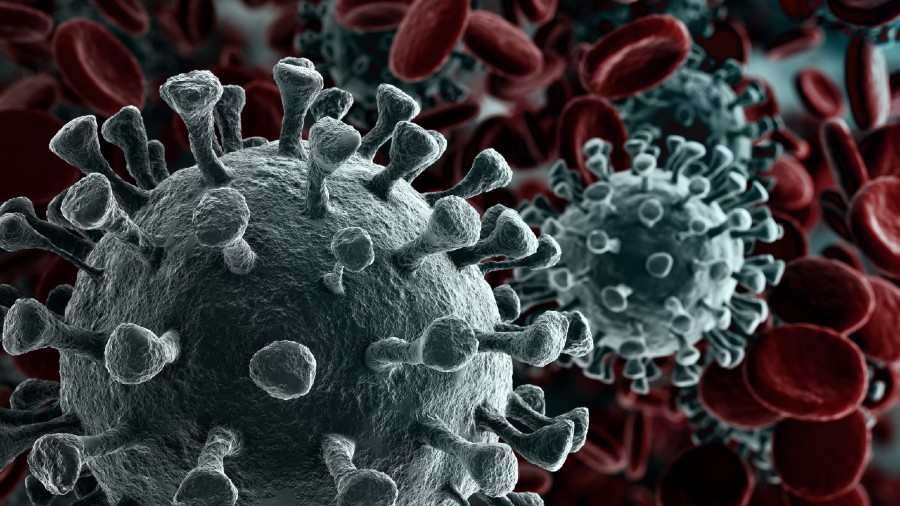Minority ethnic teams on the whole and South Asians specifically had the next danger of testing optimistic for Covid-19 associated hospitalisations, intensive care (ICU) admissions and deaths throughout the second wave of the pandemic within the UK in comparison with the primary, in response to a brand new observational research of 17 million folks.
Led by the London Faculty of Hygiene & Tropical Medication (LSHTM), the research revealed within the Lancet on Friday accounted for a lot of explanatory variables similar to family measurement, social elements and well being situations throughout all ethnic teams and at completely different levels of Covid-19, from testing to mortality.
“South Asian teams remained at increased danger for testing optimistic, with relative dangers for hospitalisation, ICU admission, and demise better in magnitude within the second wave in comparison with the primary wave,” the research finds.
It discovered that in contrast with the primary wave final 12 months, the relative danger for testing optimistic, hospitalisation, ICU admission, and demise had been smaller within the pandemic second wave earlier this 12 months for all minority ethnic communities in comparison with white folks, except South Asian teams — overlaying Indians, Pakistanis and Bangladeshis.
“Regardless of the enhancements seen in most minority ethnic teams within the second wave in comparison with the primary, it’s regarding to see that the disparity widened amongst South Asian teams,” mentioned Dr Rohini Mathur from LSHTM and the research’s lead writer.
“This highlights an pressing want to search out efficient prevention measures that match with the wants of the UK’s ethnically various inhabitants,” she mentioned.
After accounting for age and intercourse, social deprivation was the most important potential explanatory issue for disparities in all minority ethnic teams besides South Asian.
In South Asian teams, well being elements similar to BMI, blood stress, underlying well being situations performed the most important function in explaining extra dangers for all outcomes.
Family measurement was an vital explanatory issue for the disparity for Covid-19 mortality in South Asian teams solely.
Dr Mathur mentioned: “Whereas multigenerational dwelling might improve danger of publicity and transmission (from kids or working age adults to older or susceptible relations), such households and prolonged communities additionally supply precious casual care networks and facilitate engagement with well being and neighborhood companies.
“In gentle of rising proof that minority ethnic teams are much less prone to take up the Covid-19 vaccine, co-designing culturally competent and non-stigmatising engagement methods with these communities is more and more vital.”
On behalf of NHS England, the analysis staff used the brand new safe OpenSAFELY knowledge analytics platform to analyse partially anonymised digital well being knowledge collected by normal practitioners (GPs) overlaying 40 per cent of England.
These GP information had been linked to different nationwide coronavirus-related knowledge units for the primary and second waves of the pandemic — together with testing, hospital knowledge and mortality information.
